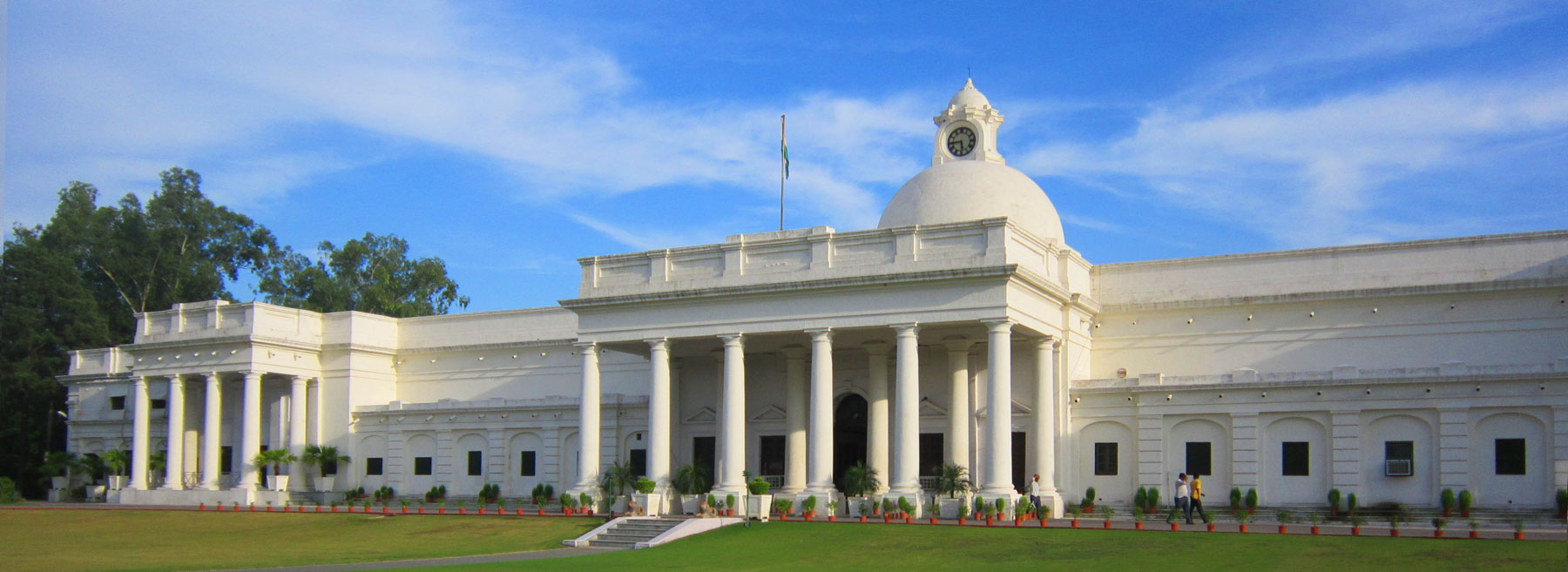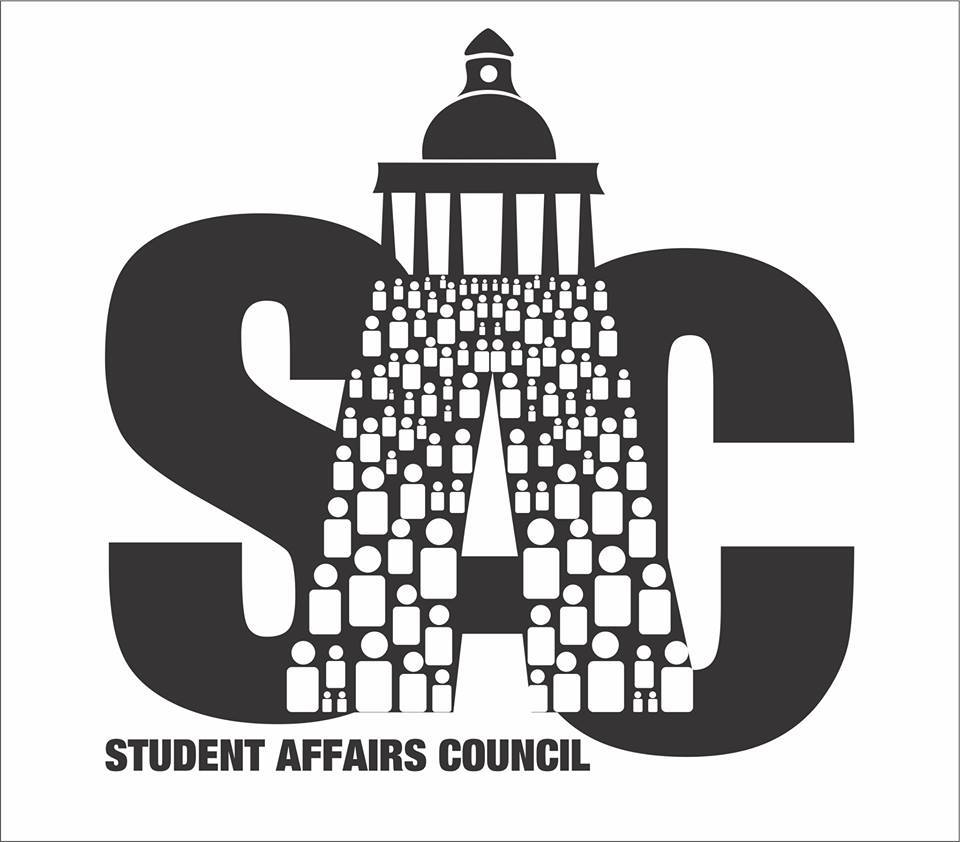

Body of IITR

In the third and the last of the series, ‘Of Pacts and Facts’, Watch Out! scrutinizes the reforms and its repercussions at a microscopic level.
The spirit of the reforms can be encapsulated in a single phrase – Task specificity.
In order to eliminate the hegemony of the overlords and regional ‘parties’ in the elections, the reforms forgo the constituency posts. Instead, each member of the council, at both the bhawan and the institute level, will be elected with respect to a particular proficiency. This will hopefully result in people getting elected based on their talents instead of their Machiavellianism.
The revamping of the posts is a welcome move. Wing counselors, in the previous system were often reduced to glorified maintenance workers; their work limited to checking the condition of geysers and water coolers.
The removal of the vaguely demarcated, all-encompassing posts of the past and introduction of new posts pertaining to specific domains such as Cultural secretary and Technical secretary will increase focus on holistic development at the bhawan level. This, along with the inclusion of posts like GS Alumni Affairs at the institute level, and the admin’s commendable, albeit confused attempt at reorganizing the bhawan allotment policy might just be what IITR needs to establish the elusive hostel culture that we begrudge the other IITs.
The clear definition of the responsibilities each post entails and the increased emphasis on set manifestos will also lead to higher accountability and lesser shirking of responsibility among the elected members.
In a candid chat with WatchOut!, D.K. Nauriyal, Dean of Student Welfare, admits that huge regional influences and cases of intimidation among the students were prime motivators to initiate changes in the election process.
Regionalism has always been a potent force in the campus elections. Elections have always been won by using caste, region and in some cases, branch as weapons.
The political sphere is dominated by a small segment of the student body associated with any of the political ‘parties’ of IIT Roorkee which have always been affiliated to a particular caste or region.
The majority of the campus was always sidelined, as the prerogative to elect the members of the all important SAC2 rested with the members of SAC1.
With the new reforms, the entire institute votes for the executive committee of SAC. The field has now been thrown wide open. The neutral voter, who was previously neglected, is now as much a part of the election as anyone else.
“Right now, these neutral votes get scattered. Since they don’t have a say in the SAC2, most of the campus does not care much about the elections and the candidates. So the regional groups get the final say. Now, with the nominations and elections being made public, the neutral voters can get more active and make unbiased decisions based on manifestos”, says Vamshi Chowdary, ex President of SAC.
This increased involvement of the neutral voter might just be what the campus needs to curb regionalism and branch politics. It should however be noted that regionalism in politics is an unavoidable evil. It can only be curbed, and never be annihilated. Birds of a feather inevitably flock together.
And indeed, even after the reforms, factionalism has reared its ugly head yet again. The build up to election week has seen the development of multiple political ‘fronts’, ie. A group of candidates for each post who act as a team and aim to form a comprehensive voters base.
The nagging presence of regionalism also threatens the possibility of a divided SAC. A core committee comprised of candidates with different political affiliations and divergent agendas is a realistic possibility. This might, however, turn out to be a blessing in disguise. If channelized properly, this can lead to constructive discussions and progressive decisions.
This election, the first of its kind, is unprecedented in terms of numbers. The electorate consists of a whopping 8000 for the institute level posts. Every candidate is expected to reach out to the entire campus within a span of a single week. That boils down to a 1000 people a day.
From a layman’s perspective, each of us will have 11 posts to vote for. Presuming each post sees a turnout of 3 candidates on an average, it translates to 33 candidates and manifestos to keep track of.
The current campaign rules at IITR clearly indicate that the admin has gloriously underestimated the magnitude of the task at hand.
The code of conduct provided by the institute forbids any form of debate amongst the contestants. Printed posters and campaign rallies are also prohibited. Over the weekend, the candidates were given a specific amount of time when they could go to each bhawan, and address the inmates through the ancient, if not nonexistent, public address systems.
Even in the rare few bhawans with fully functional systems, only a handful of candidates showed up to deliver speeches, as they were well aware of the fact that rambling declamations with no provision for interaction with the electorate would not win them too many votes.
And indeed, the meetings saw a turnout of hardly 1% of the bhawan inmates.
The administration has forbidden the usage of social media for campaigns. It has also declined to upload the manifestos of candidates on any common platform where the electorate can read and deliberate upon them in their own time. In addition to this, all campus media has been denied access to the candidates.
The only other official provision for reaching out to the electorate, apart from word of mouth, is a poster in each bhawan, which, again, most of the candidates have not bothered with. The neutral voter who is supposedly the hero of these elections is characterized by his apathy towards the same. A notice board in one corner of the bhawan with 50 posters on it will attract no more than a few stray glances. The administration cannot expect to curb regionalism and ask the electorate to make informed choices when it itself denies them of every mean to do so.
This also tilts the balance unduly in favour of the boys. With the curfew and restrictions on entry into the bhawans, it is impossible for a female candidate reach out to the electorate and emerge as a contender at the institute level.
In IIT KGP and IITB where similar systems of elections are followed, central debates for every post are conducted right before the elections; a common platform within the span of a single evening where all the candidates are allowed to appear on stage, address the audience and be questioned. In addition to this, student media bodies in other IITs are allowed a fair amount of leeway to function, to fulfill the role of media in a full fledged democracy.
Democracy, in essence, is about empowering the masses. It is about shifting power to the people. In a true democracy, the decisions are made by the masses. Their representatives act as the medium to effect these decisions.
And in that sense, politics at IITR defies every basic connotation of the word democracy.
The elaborate charade that goes on every year in the name of elections carefully masks the fact that the actual amount of power that resides with the student body is negligible, if not nonexistent.
The SAC, supposedly the student elected body that governs us, is very limited in its powers. The administration has the stronghold over every decision. The SAC has little, if at all any, say in the functioning of the institute.
“The power with SAC is quite wide-ranging in IITB and K. for instance: See, if you want to organize some fest, say a technical one like Cogni or Tech-fest, the members of SAC pick out the deserving team from their Gymkhana and constitute the selection committee for further organization. Here we get 4 faculty advisors who decide everything. If some student body proposes something and the professors like it, then only it shall happen. Otherwise it doesn’t stand a chance. So everything you see around is Faculty’s Activity. I won’t call it a student activity.
The thing is: for a student representation, SAC should be a proper student body. In its place we have a Dean of Student Welfare. He makes all the decisions that a General Secretary should make. The students in IITK are part of the panel that appoints the Dean. Here, you sometimes feel threatened as the professor holds the knot on your degree”, says Rajveer Choudhary, ex-Treasurer of SAC.
In the new reforms, nothing has been done to change that. The pre-existing power has been broken down to pieces and redistributed. But further empowerment has been ominously disregarded. Even more disturbingly, there has been no discussion of handing more power to the students. The system is still wholly patronizing, regarding a campus full of adults like petulant children unable to think for themselves.
On being asked about the same, Vamshi Chowdary, ex president of SAC, offers a rather worrying perspective. He emphasizes the fact that IIT Roorkee has the weakest student body amongst its peers. The SAC, he says, is more like a suggestive body to the administration than an administrative council.
“Ultimate decision is always taken by the admin. We can only suggest changes, act as a bridge between students and admin. We have no say in the final decisions. If a body is representing the students, then they must have the power to stop something if they feel it is against the interest of the students. This doesn’t happen here”, says Vamshi.
This regularly exhibits itself in the form of decisions taken without adequate consultation with those they affect. Case in point, the recent expulsion fiasco, where the SAC, like the rest of the campus, was reduced to a mere spectator.
Everything we knew about the elections has changed and this is no man’s land now. The focus of the reforms has been on increasing the power of the ballot. But we have identified more than a few grey areas.
Since there is no cap on the number of candidates contesting for each post, and no well defined system for campaigning, there is every possibility of the electoral process going haywire.
The onus will be on the administration to prove that they can handle the behemoth task they have taken on.
Change is welcome, but not for its own sake. The old system had its flaws, but if we are to build anew, we need to ensure that it is on solid foundations.
The current reforms are a welcome first step. But a first step is all they should be. The reforms can be deemed successful only when more power is apportioned to the SAC to do what the student body requires them to do so instead of only being able to act on something if they have a specific mandate to do so, as is the case now. This would give them a fair amount of leeway to sort out problems and address the real issues of the populace.